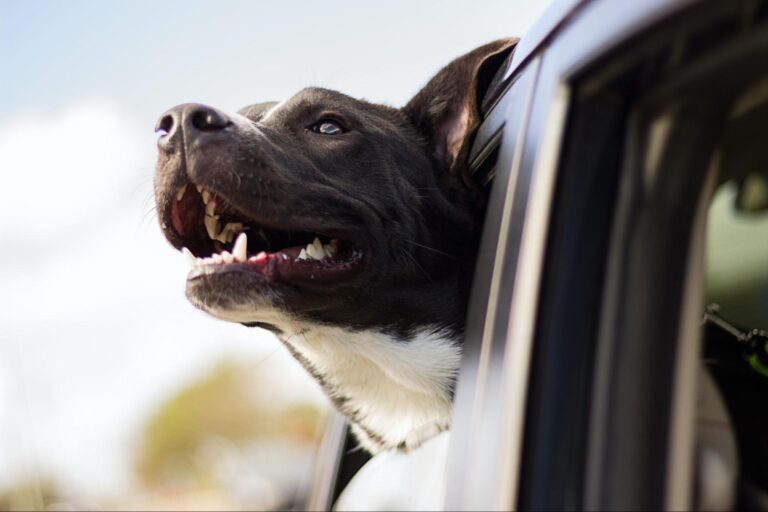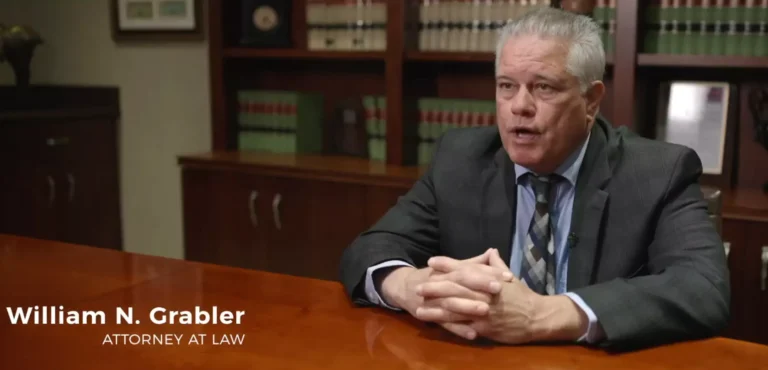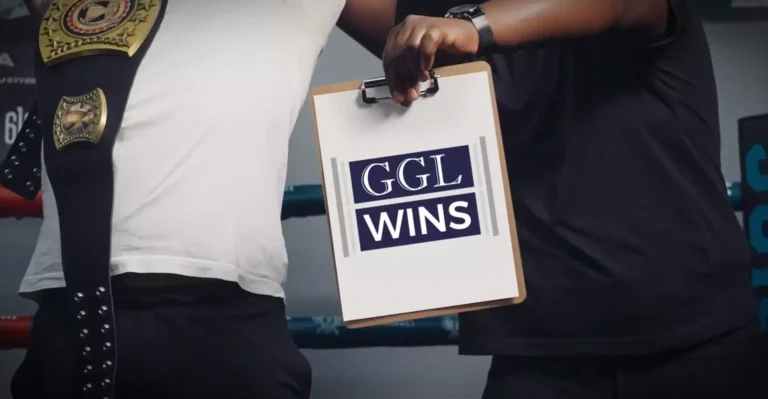Slip and Fall Injury
Slip-and-Fall Accident Lawyers
When you fall on someone else’s premises due to their actions, you can pursue a personal injury claim. The circumstances and locations of these accidents vary widely. But the New Jersey slip-and-fall accident lawyers from Garces, Grabler & LeBrocq can analyze your fall and identify the parties that may bear liability for your losses. Contact us to learn how we can help you after your slip-and-fall injury.
What Are Slip-and-Fall Cases?
Slip-and-fall cases arise from a legal doctrine called premises liability. This type of law governs what property owners and tenants must do to protect visitors to their premises. Premises liability covers all the ways someone could get injured on someone else’s property, including dog bites, assaults due to negligent security, and slips, trips, and falls.
Thus, slip-and-fall accidents — in which the accident victim loses their footing and falls — are a subset of premises liability cases. Not all slips or trips will give rise to a slip-and-fall case, however. The victim must show that their injury resulted from the actions of the person responsible for maintaining the premises, including any of the following parties:
- Owners
- Tenants
- Property managers
When these parties fail to find and fix hazardous conditions on the premises under their control, they may bear liability for any resulting injuries.
Common Causes of Slip-and-Fall Accidents
Falls are a leading cause of injury and death in the U.S. — falls cause more emergency room visits than any other type of unintentional injury. Only your lifetime odds of dying from a motor vehicle crash or accidental poisoning are higher than your lifetime likelihood of dying from a fall.
Falling accidents have two primary causes — slipping and tripping. Although they sound similar, they happen differently and, as a result, injure you differently.
SLIPPING
Slipping accidents happen when your feet lose traction on the ground surface. Some causes of slips include:
- Spilled liquids
- Snow and ice
- Condensation, mist, or dew
- Floor polish
- Moist foods
- Gravel, sand, and dirt
Although they might seem harmless, crushed grapes are one of the most common causes of slips in grocery stores. Slips can also happen when walkways go unshoveled or non-slip treads on stairs wear down.
TRIPPING
Tripping accidents happen when something interrupts your stride unexpectedly, and you lose your balance. Some causes of trips include:
- Unmarked steps up or down
- Raised thresholds
- Torn carpet
- Rolled mats
- Broken stairs
- Cracked sidewalks
- Potholes
- Uneven floor planks
- Obstacles or debris
Other hazards on the premises can amplify the risk of falling. For example, a broken handrail can cause you to lose your balance or prevent you from regaining it after a slip or trip.
Where Most Slip-and-Falls Occur
Slip-and-fall accidents can happen both inside and outside. Common indoor locations for slips include entries, bathrooms, and kitchens since they typically have tile or other smooth flooring. Indoor trips often happen at flooring transitions, such as stairs and doorways.
Outdoor slips and trips happen where the ground can turn hazardous due to environmental conditions. Some examples include:
- Parking lots
- Walkways
- Entryways
- Stairs
- Bridges
- Fountains
- Pathways near garden sprinklers
- Patios
- Pool decks
The likelihood of a slip or trip may also differ depending on the purpose of the location. For example, any business that deals with water or liquids has an increased risk of slipping accidents. Some examples include:
- Pools
- Bars
- Restaurants
- Coffee shops
- Grocery stores
- Hotels
- Laundromats
- Carwashes
- Buildings with lawn sprinkler systems
Similarly, some businesses might see an increased risk of tripping due to lighting or obstacles on the floor. These businesses include:
- Movie theaters
- Performance venues
- Nightclubs
- Museums
- Retail stores
The fact that slips and trips are foreseeable in these locations places a burden on property owners, tenants, and managers to identify and address those risks.
No Fee Unless
GGL Wins
Common Slip-and-Fall Accident Injuries
Falling accidents cause predictable types of injuries. The nature of your fall will determine where those injuries happen.
Slipping accidents tend to injure the back and side of your body. When your feet slip forward, you fall back. In a backward fall, you typically cannot catch yourself using your hands or arms. You might try to twist your body as you fall so you hit your side instead of your back. As a result, you will suffer injuries to your back, neck, hips, and the back of your head.
By contrast, tripping accidents tend to injure the front of your body. When you trip, your momentum causes you to fall forward. You instinctively throw your arms forward to stop your fall. On a stairway, you may grab the handrail. As a result, you will suffer injuries to your wrists, elbows, shoulders, knees, hips, face, head, and chest.
Some injuries you might suffer in your fall include:
JOINT SPRAINS
Joint sprains happen when you hyperextend the ligaments holding your bones together. In a fall, sprains can happen in your knees, shoulders, elbows, wrists, and spine. Joint sprains cause symptoms such as:
- Joint pain and weakness
- Inflammation
- Limited range of motion
- Instability
A mild sprain might only involve a stretched ligament. These injuries heal in four to six weeks.
A severe sprain is when you partially or fully tear the ligament. You may need surgery to repair the ligament. You might also experience permanent functional limitations in the joint even after you heal from the injury.
MUSCLE AND TENDON STRAINS
Strains occur when your muscles and tendons get hyperextended during your fall. Strained muscles and tendons cause symptoms such as:
- Muscle pain and swelling
- Weakness
- Muscle spasms
- Stiffness
Strains typically require four to six weeks to heal. Strains you may suffer in a fall include back and neck strain, chest strain, hip strain, and shoulder strain.
CONCUSSIONS
Concussions happen when your brain is jolted. Notably, you do not need to hit your head to suffer a concussion. The whipping of your neck and head experience in a fall can shake your brain enough to cause a concussion, even when you do not strike your head.
Your brain moves inside your skull without hitting it. Instead, the pressure of the meninges and cerebrospinal fluid slows the brain’s motion. In the process, your brain cells are damaged and start to swell.
The swelling of your brain causes symptoms over the hours and days after your concussion. These symptoms can include the following:
- Headache
- Loss of consciousness
- Confusion
- Memory loss
- Clumsiness
- Blurry vision
- Ringing in the ears
- Drowsiness
Concussion symptoms usually clear up within two months after your fall. But during your recovery, you may have physical, cognitive, and emotional difficulties that disable you from working or performing necessary tasks around the house.
HERNIATED DISC
Discs sit between your spine’s vertebrae. These discs cushion the vertebrae and give them a smooth surface on which to rest. The forces you experience in a fall can compress the discs. They can then form protrusions or bulges that compress nerve roots branching from your spinal cord.
Nerve roots innervate regions of your body. When the discs press on them, they become irritated and inflamed. They misfire, causing symptoms that radiate from your back into the areas connected to the nerve roots. For example, a herniated disc in your neck can cause symptoms in your shoulder and arm, even though you did not injure your upper limbs.
Symptoms of herniated discs include back pain and instability. Compression of your nerve roots can produce symptoms such as:
- Pain that radiates into your limbs
- Numbness
- Tingling
- Weakness
- Loss of dexterity
- Loss of sensitivity to hot or cold
Herniated discs do not heal. Doctors can treat the inflammation in the nerve root to reduce your symptoms. They can also remove the disc and either fuse the vertebrae or replace it with an artificial disc. In either case, your back may experience long-term or permanent issues even after treatment.
FRACTURED BONES
The impact you suffer in a fall can snap your bones. Some bones you may fracture in a fall include:
- Skull
- Arm
- Patella
- Rib
- Hip
Of these, hip fractures cause the most deaths. Seniors are particularly vulnerable to hip fractures whether they slip or trip before falling.
Wrongful Death Slip-and-Fall Claims
Wrongful death claims arise when someone dies due to another’s actions. In the case of a slip-and-fall claim, the accident victim suffers a fatal injury, and you can trace the cause of the injury to a fall on someone else’s property.
As with a normal slip-and-fall claim, you must prove the fall resulted from someone’s negligent or intentional actions. In most cases, you will show that the property owner, tenant, or manager failed to exercise reasonable care in eliminating hazardous conditions on the premises, and, as a result, the victim suffered a fatal injury.
Some fatal injuries that can result from a slip-and-fall accident include brain injuries and fractured vertebrae. If the victim’s brain moves violently enough to hit the inside of the skull, they can suffer bruising and bleeding in the brain, which leads to coma and death.
A fractured vertebra can dislocate and sever the spinal cord. When it occurs lower in the spine, the victim may suffer permanent paralysis. A fractured vertebra at the top of the neck can paralyze the chest muscles that enable breathing. Death will result without immediate medical attention.
New Jersey requires wrongful death claims to be filed by the executor or administrator of the deceased person’s estate. The damages recovered in the lawsuit get distributed to the surviving dependents, such as the victim’s spouse and children.
Slip-and-Fall Damages
The compensation you can seek for your slip-and-fall injuries can cover both your economic and non-economic losses. In rare cases, you can also seek punitive damages.
Economic Damages
Compensation for your economic losses is meant to put you into the financial position you would have occupied if you had not suffered the injury. The underlying idea is that innocent victims should not bear the financial burden of injuries caused by someone else’s actions.
Economic losses include all the financial costs you incurred and monetary losses you suffered. Examples of economic losses include:
- Past and future medical expenses
- Income losses from missing work
- Future diminished earning capacity due to long-term disabilities
- Reasonable and necessary out-of-pocket expenses related to your injuries
You prove economic losses with financial records such as medical bills, credit and debit card statements, and receipts. You may also need expert testimony to prove your future economic losses. For example, your doctor may need to testify to explain the future medical treatment and physical therapy you will need.
Non-Economic Damages
Non-economic damages refer to losses that have no price tag. Instead, these losses diminish your quality of life. For example, pain deprives you of sleep, scars create social anxiety, and disabilities block you from living independently.
These issues may cost you money as well. As a result, you might incur economic and non-economic losses for the same issue. But these types of damages compensate you for different aspects of the issue.
You might need to pay for surgery to address scars from your slip-and-fall. You may also isolate yourself so no one sees your scarred face. You can get economic damages for the first loss and non-economic damages for the second loss.
Some common types of non-economic losses include:
- Physical pain
- Mental anguish
- Disability
- Disfigurement
- Dismemberment
Since these losses have no economic value, a jury or claims adjuster must infer the value based on the severity and duration of the injury. Major injuries deserve more non-economic compensation than minor injuries. Permanent disabilities should get more compensation than temporary conditions.
How Do Slip-and-Fall Cases Work?
Almost all slip-and-fall cases begin with an insurance claim. Some forms of insurance that cover slip-and-fall claims include:
- Homeowners insurance for falls in someone else’s home
- General business liability insurance for falls in a business
- Property insurance for falls on commercial property
Your claim will describe what happened and the injuries that resulted. It will also include proof of your losses, such as medical records and wage statements.
To begin, an adjuster will investigate your claim. Their job is to protect the insurer from paying improper claims. Unfortunately, they sometimes go overboard, denying perfectly valid claims as well.
A lawyer from Garces, Grabler & LeBrocq has experience dealing with adjusters. They know the tactics used to frustrate you into accepting a settlement and will battle to settle your claim. If the adjuster denies your claim, your lawyer will fight to change their mind. When the adjuster accepts the claim, the attorney will negotiate for a fair settlement based on your injuries.
If the insurer refuses to resolve your claim, you must decide whether to file a lawsuit against the at-fault party. The lawyer will gather evidence and lay the groundwork for your case with pretrial motions. At trial, your attorney will present your case to a jury.
Who Can Be Held Liable for Slip-and-Fall Injuries?
You may have a claim against anyone responsible for the hazardous condition that led to your fall. To prove liability, you must show that the person or business either intentionally or negligently caused your injury. Intentional harm is rare, but it can happen.
Suppose your neighbor deliberately poured water on their sidewalk with the intention of causing a fall to anyone who walked on it. You might have a claim against them for their intentional actions.
But most cases rely on negligence rather than intent. To prove negligence, you must show:
- Duty of care
- Breach of duty
- Causation
- Damages
To prove a duty of care, you must show that your presence on the property was lawful. This means that residents, visitors, guests, customers, and clients could pursue a slip-and-fall accident claim. Trespassers usually cannot pursue a claim.
A breach of duty happens when a person or business fails to exercise reasonable care. “Reasonableness” is an objective standard. Your injury lawyer must show what a reasonable person in the same situation would have done.
In many situations, you will prove your case based on what the responsible party knew and when they knew it. To satisfy the duty of care, owners, tenants, and managers must take reasonable steps to find and fix hazards.
If a shop manager knew about a spill and did not send someone to mop it within a reasonable time, you can prove a breach of duty. But if you slipped right after the spill happened, the shop might not have had a reasonable amount of time to mop it up.
Causation happens when the breach of duty naturally and logically leads to your injury. Finally, you suffer damages when your injury results in economic or non-economic losses.
Why Hire GGL?
Garces, Grabler & LeBrocq is a well-reviewed New Jersey personal injury law firm. Since 1991, our personal injury attorneys have represented clients across New Jersey, New York, and Pennsylvania against the parties who injured them, as well as the insurers of those parties.
We have helped thousands of clients obtain positive outcomes. Many of our cases come to us from either repeat clients or referrals from satisfied past clients.
We understand the pain, uncertainty, and stress you face after an injury. We prepare every case as if it will go to trial, ensuring we are always prepared and never outworked. Contact us online or at 1-800-923-3456 to discuss how we can help you get justice after your slip-and-fall accident.
Related Practice Areas
No Fee Unless
GGL Wins
We've got you covered.
Tell us what happened.
One of our advisers will contact you.
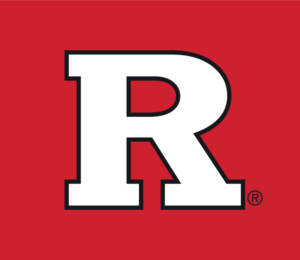
EXCLUSIVE LAW FIRM PARTNER OF RUTGERS
Recent GGL Wins
Slip And Fall
Plaintiff slipped and fell on snow in her apartment complex resulting in low back injuries requiring pain management and lumbar surgery.
$1.25 Million
Verdict
Slip And Fall
44-year-old tenant slipped and fell on the stairs at her apartment complex due to the apartment owner’s failure to properly clean the snow off of the stairs. She sustained lower back injuries.
$1 Million
Verdict
Slip and Fall
23-year-old woman in a Shop Rite slipped on a wet floor in the frozen food section of the store, resulting in her needing shoulder surgery.
